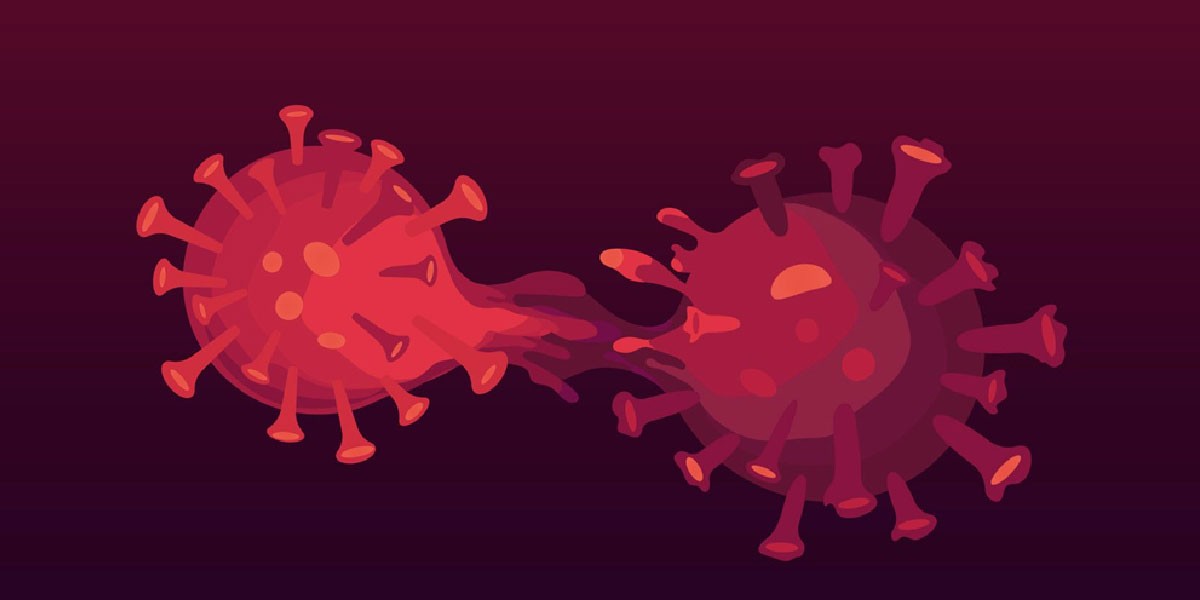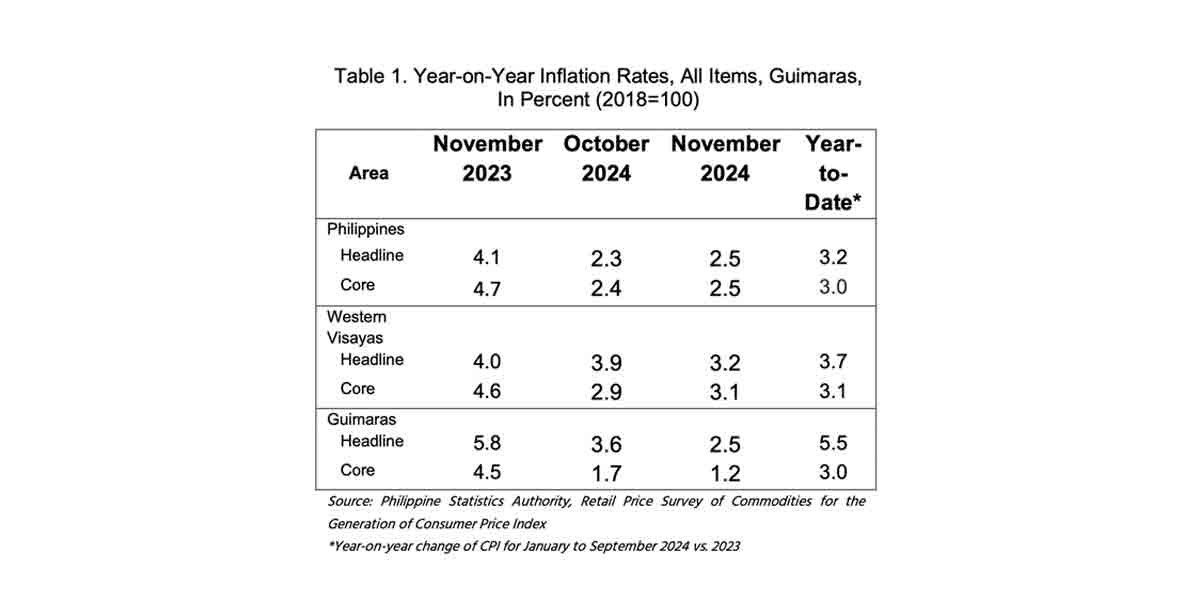
By Denise Mann, MS
Multiple Covid-19 variants are circulating. Here’s what to know about these coronavirus mutations and whether the new vaccines will work.
The new coronavirus strains
Like other viruses, Covid-19 has undergone mutations over time. These are referred to as variants or strains. Just as the rollout of two Covid-19 vaccines (Pfizer-BioNTech and Moderna) started in the United States, reports of new Covid-19 virus mutations began to make headlines.
First, it was the UK strain (known as B.1.1.7). Then came the South Africa strain (1.351) And now there’s a strain from Brazil, too (P.1 ). These will likely be followed by others.
Just how worried should you be about these new strains, and will the vaccines be protective?
“They all seem to share the property of being easier to spread,” says Dan Jones, MD, vice chair of the division of molecular pathology at Ohio State University Wexner Medical Center, in Columbus. “In the course of a few weeks, these strains went from being undetectable to making up 20-50% of virus activity we are seeing,” he says.
And they are all spreading at exactly the same time. “It’s not good to have this many different types of virus in the population when we are trying to end a pandemic,” Dr. Jones says.
Understanding virus replication
All viruses morph through genetic mutations. RNA viruses, like Covid-19, do so more easily than DNA viruses. However, most of these mutations do not cause new strains of disease.
“Mutations are happening every day,” says Stuart Ray, MD, professor of medicine in the department of infectious diseases at Johns Hopkins University School of Medicine in Baltimore. “The virus makes errors every time it copies itself. But most of these changes are not advantageous to the virus.” In other words, it doesn’t get lucky enough to enter your cells and cause infection.
The coronavirus gains entry to cells via mutations on the crown-like spikes on their surface. These spikes bind with the angiotensin-converting enzyme 2. Think of it like a key being inserted into a lock.
Are these new strains more transmissible?
Are any of these new strains more lethal than the original? The jury is still out on that. “But even if they are the same or less virulent, many more people will die just given the numbers,” says Dr. Jones. “We will see more deaths even if the severity isn’t any different because of how transmissible these new strains are.”
This also means upticks in hospitalizations and a strain on health-care resources.
Shawn Nasseri, MD, an ear, nose, and throat specialist in Los Angeles, puts it like this: “If I sneeze in a room and I have the UK variant, two to three times more people will become infected than if I had the common or original variant and sneezed.” (Here are 12 coronavirus symptoms you should watch for.)
There appears to be some similarities between the new strains, but some differences as well. Importantly, there are many, many unknowns.
Here’s what experts know so far:
UK strain
Does it spread quicker? Yes
Is it more lethal? Probably not
Can you get it again? Yes
Do the available vaccines work? Likely
Is it in the United States? Yes
This strain has been here the longest so researchers know the most about it. So far, there is no evidence that it causes more severe illness or increases the risk of dying, according to the Centers for Disease Control and Prevention. This strain has been detected in 20 states in the U.S. and counting.
South Africa strain
Does it spread quicker? Yes
Is it more lethal? Probably not
Can you get it again? Yes
Do the available vaccines work? Likely
Is it in the United States? Yes
Two people from South Carolina who have not traveled have been infected with the South African coronavirus variant, according to the South Carolina Department of Health and Environmental Control.
There is some evidence suggesting that this strain may be more resistant to vaccines and more likely to reinfect people. In a study published in January, preprinted in bioRvix, researchers looked at the blood of people who had recovered from Covid-19 and found that this strain was resistant to neutralizing antibodies from prior infection.
“People’s antibodies were less effective at neutralizing the virus,” Dr. Ray says. But “we don’t know if levels are low enough to let the virus back in.” There are also other components of the immune system that play a role in our defense against infection.
Brazil strain
Does it spread quicker? Yes
Is it more lethal? Jury is out
Can you get it again? Yes
Do the available vaccines work? Unknown
Is it in the United States? Yes
This mutation is concerning, says Dr. Nasseri. “There are enough mutations in the spike protein that it may not be receptive to vaccines,” he says. “There may be an escape mutation.”
The first case of this strain was recently reported in Minnesota in a person who reported traveling to Brazil before becoming sick. Dr. Ray adds that this strain appears to be especially capable of reinfection. “The worry is that it is more able to do that than other strains,” he says. “But we don’t have compelling evidence of that yet.”
New Covid-19 strains and available vaccines
No one can say for sure if the available vaccines will be effective against the new or emerging strains of Covid-19. It seems likely, however, that the Moderna and Pfizer-BioNTech vaccines offer some protection against the UK and South Africa strains. (Moderna vs. Pfizer: here’s what you should know.)
“We don’t have the data yet on vaccines, but these all target the same spike protein in the virus, and most of the mutations happen in the spike,” Dr. Jones says. Moderna is working on a booster for the South Africa variant—just in case. (Learn the ways you can still get Covid-19 after being vaccinated.)
An analogy can be made to the flu vaccine. Each year, the flu shot averages around 40 percent in terms of its effectiveness, as it’s sort of a guessing game to predict which strains are going to circulate, explains Dr. Nasseri. (A flu shot is considered effective if it reduces hospitalizations and flu-related deaths.)
“There are other strains of the flu that sneak through or mutate enough so that vaccine antibodies don’t really neutralize them,” he says. “The good news is that we are starting with a very high-percent success rate with the Covid-19 vaccines, so even if they lost some efficacy, we would still get protection.”
Possibility of modifying vaccines in the future
Vaccines may have to be modified in the future, says Len Horovitz, MD, pulmonary specialist at Lenox Hill Hospital in New York City. “This may be because of new strains or because the vaccines will be given annually, much like the flu shot.”
Covid-19 vaccines are an all-new type of vaccine known as mRNA vaccines. They work differently than other types in which a weakened germ is injected into your body and triggers an immune response. By contrast, mRNA vaccines teach your cells how to make a protein that triggers an immune response.
These can be manufactured quickly, Dr. Ray says. “If we have to retool, we could.”
Better surveillance will help experts get a handle on what these new coronavirus strains are or aren’t capable of. “We need to do a better job of sequencing the virus at a national level so we have enough data to know whether new variants are changing the epidemiology of the virus,” Dr. Ray says.
Dr. Jones agrees. “This is the time to ramp up surveillance everywhere across the world so we catch these potential areas where the virus is developing, go in there, and re-vaccinate if we need to,” he says.
The last word
The best defense against Covid-19 is to mask up, practice social distancing, and get vaccinated, experts agree. “The horse is never completely out of the barn,” says Dr. Jones. “We can still get control by ramping up on vaccination.”
There is a bright side to all of this worrisome coverage on the new strains, Dr. Ray adds. “If it generates a little more functional fear and makes people take precautions that we know to work for all of the strains, then it’s good,” he says. “If it helps motivate people to get vaccinated, that’s good, too.” (www.thehealthy.com)

























